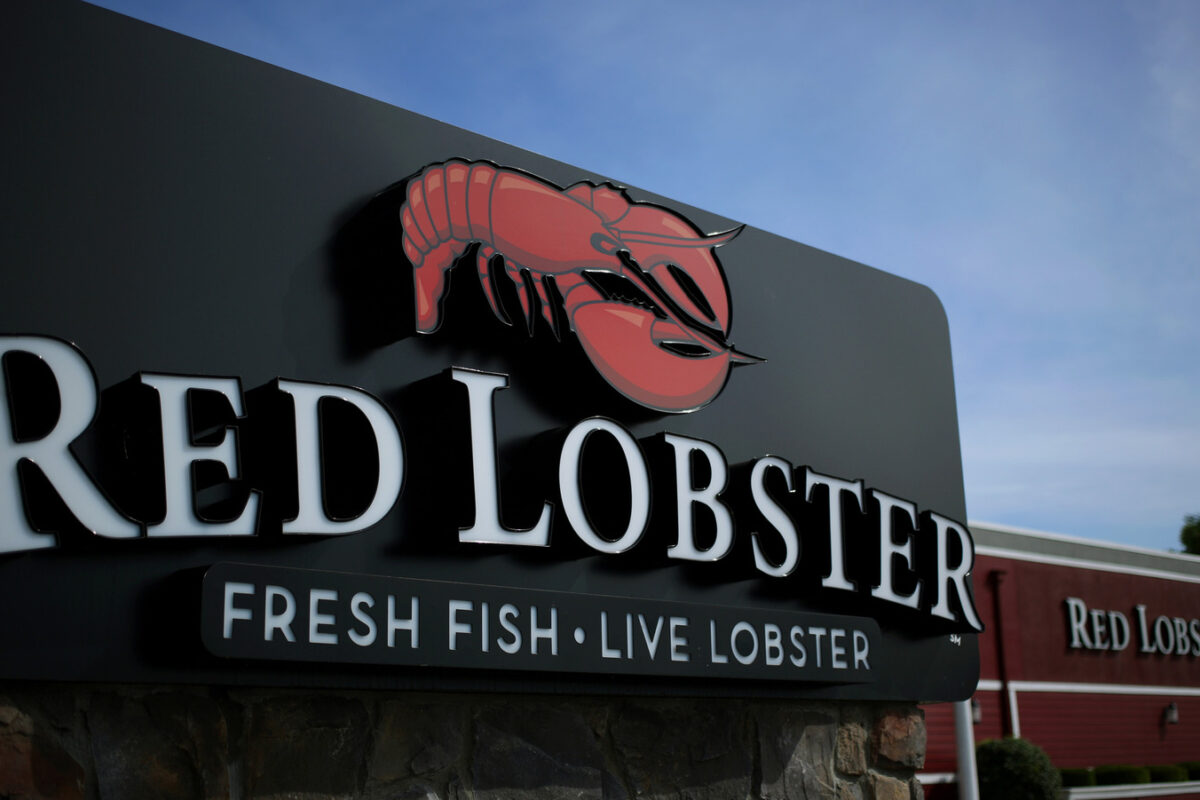If you have been following Apple’s share price over the past two weeks, you’ll know that it’s a stock with a story. Down as much as 5% one day and then back up 4% the next.
For once, it’s not the US economy that is causing the jitters on Wall Street. It’s more simple, but much more troubling from an Apple perspective – everyone is worried about Steve.
It started in June, when Apple chief executive Steve Jobs took the stage at its worldwide developers’ conference. There to announce the new 3G iPhone, Jobs ended up making all the headlines. He looked pale and had clearly lost a great deal of weight.
Most chief executives can afford to lose a few pounds, but Jobs is different. In 2003, he was successfully treated for a rare form of pancreatic cancer. It took Apple nine months to announce that Jobs was ill then, so, this time round, questions began to be asked about his health almost immediately.
Apple claimed Jobs was suffering from a common bug, but the issue would not go away, especially when he did not appear for a second-quarter earnings call on 21 July.
During the call, Apple chief financial officer Peter Oppenheimer was asked about Jobs’ health. He replied enigmatically: ‘Steve loves Apple. He serves as CEO at the pleasure of Apple’s board. He has no plans to leave Apple. Steve’s health is a private matter.’
The issue erupted, not just among the techno audience but also the investment community. As one portfolio manager put it: ‘He is the driving force behind Apple. Without Steve, the stock could easily be cut in half or more.’ Blogs openly speculated on the health of Jobs and the prospects of Apple without him. The share price wobbled.
Finally, on 24 July, Jobs intervened. Joe Nocera, an award-winning journalist for The New York Times, who had criticized Apple’s handling of Jobs’ illness, was surprised to get a call from the man himself.
‘This is Steve Jobs. You think I’m an arrogant (expletive) who thinks he’s above the law, and I think you’re a slime bucket who gets most of his facts wrong,’ he said. Jobs went on to describe his condition in full to Nocera, off the record. The journalist reported that Jobs’ health problems were more than a ‘common bug’ but weren’t life-threatening. Apple’s boss did not have cancer.
Jobs is a unique figure in terms of the Apple brand. He is more than the founder of the firm – he is its epitome. He presents all the new products. He signs off every major decision. He has no succession plan, and with good reason. The last time that Jobs empowered an executive at Apple, it was ex-PepsiCo marketer John Sculley, whom he made Apple chief executive in 1983. Barely two years later, Sculley had outmanoeuvred Jobs and got him fired from his own company.
It took Jobs more than a decade to take charge again. Ever since, he has run his brand with the despotic style of a man who will not make the same mistake twice. Combine that with Apple’s opaque corporate culture, and the way it has handled Jobs’ illness starts to make more sense.
With all its marketing savvy, surely Apple could have handled this better? It’s a classic case of crisis management that could have closed down the whole topic in June. Instead, Apple has had an uncomfortable summer – and questions persist about the unhealthy degree to which Apple depends on Steve.
30 SECONDS ON … POSSIBLE SUCCESSORS TO STEVE JOBS
– Scott Forstall is the senior vice-president of iPhone software. Seen as the brains behind the iPhone, Forstall has worked with Jobs for a decade. The current favourite, he has the technical background and Jobs’ trust.
– Phil Schiller is the most senior marketer at Apple and has been part of its executive leadership team since Jobs’ return to Apple in 1997. Perhaps the Apple executive most comfortable in the spotlight, he is famous for occasionally sharing the stage with Jobs during new product demonstrations.
– Jonathan Ive is the principal designer at Apple, responsible for products such as the iMac, iPod, and iPhone. Ive, from Chingford in Essex, studied design at Newcastle Polytechnic before heading to Apple in 1992. He is seen by many fans as the true inheritor of the Apple brand.
– It is widely thought Steve Jobs, 53, will stay. He is unlikely to consider a replacement in the next decade.
The Blake Project Can Help: The Brand Positioning Workshop
Branding Strategy Insider is a service of The Blake Project: A strategic brand consultancy specializing in Brand Research, Brand Strategy, Brand Licensing and Brand Education





2 comments
Ken C
August 7, 2008 at 1:46 pm
Nothing “enigmatic” about Oppenheimer’s answer. He answered exactly the way Steve Jobs answered Jim Goldman on CNBC, back after WWDC in June. I suppose if you don’t follow Apple closely, you might not have realized that Oppenheimer was parroting Steve’s answer. Or, that Apple honchos always parrot Steve, when he has already answered on a topic. For example, whenever anyone is asked about the 10M iPhones sold prediction, they parrot what Steve said back at MWSF07. No deviation.
And, speaking of the interview with Jim Goldman of CNBC, he also asked about a succession plan, and Steve answered there were plenty of qualified people on their Executive Team, and that there was indeed an undisclosed plan.
If you follow Apple long enough, you know they have a plan, a long-range plan, they just seem to like to keep it to themselves, and let the children kick and scream about not being let in on the secret. For example, Apple’s environmental strategy. Apple has an environmental strategy, one of the most progressive in the industry, they just don’t go talking about it, and so they get dinged by idiots at Greenpeace. Apple really doesn’t care, because it’s not what you say that matters, but what you actually do, that counts.
Anyone doing a minimum of research on Google would have found out that Steve had a Whipple procedure. The Whipple removes a large part of your digestive system. Nutritional complications are common, often requiring a subsequent surgical procedure to fix. One possible fix would be a reverse jejunem to slow digestion and allow for more nutrient absorption. A recurrence of prostate cancer was unlikely, as Steve is almost at the 5 year mark for his original diagnosis. 5 years is the layman’s benchmark for a cancer cure. The longer you survive the more likely you are to survive as cancer is really defined by its speed. Malignancy is a fast growing cancer, while a slow growing one is benign.
Anyway, answering the blogosphere’s rumors is really the last thing someone like Steve likes to do. It’s like responding to a baby every time it cries. Once you give in, you have to continue giving in.
Guys like Nocera are idiots, using the power of the media to get their way, just like a crying baby. I wish Steve would have stuck to his guns.
darryl365
August 7, 2008 at 2:13 pm
In your article you stated
“He has no succession plan, and with good reason.”
You also make it clear that Apple is quite secretive with good reason.
Though Apple has not publicly revealed a succession plan, and being that they are known to be extremely secretive, How can you report the above quote with any degree of certainty?
Apple, particularly under Steve Jobs leadership, has proven to be rather business savvy. It would seem that a succession would be normal for any corporation to have.
Assuming Apple does not have one, simply because they haven’t made it public seems somewhat short sighted.
I also believe that the market is so concerned about Apple without Jobs, that a publicly stated succession plan would send the stock into further tailspins than speculations about his health.
Something to consider….
Comments are closed.